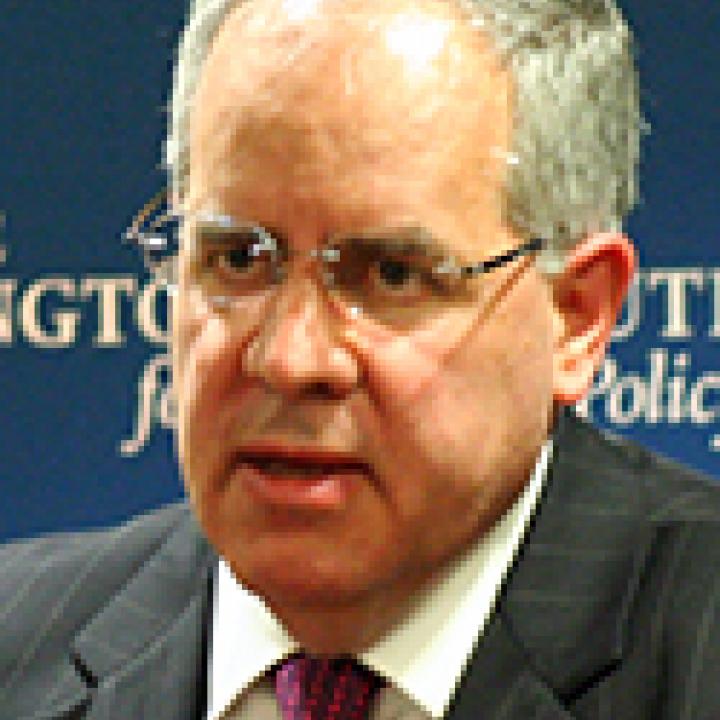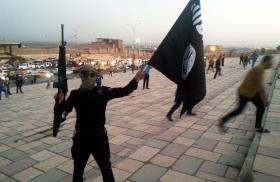
- Policy Analysis
- Counterterrorism Lecture
Intelligence Reform and Integration since 9/11

Part of a series: Counterterrorism Lecture Series
or see Part 1: U.S. Efforts against Terrorism Financing: A View from the Private Sector
Ten years after the 9/11 attacks, how has the U.S. intelligence community adapted to the new and evolving nature of the global terrorist threat?
David Shedd, deputy director of the Defense Intelligence Agency, recounted the successes of structural changes in the intelligence community since the September 11 attacks and pointed to the challenges ahead during an on-the-record briefing at The Washington Institute. The November 7 presentation, part of the Stein Program's ongoing lecture series with senior counterterrorism officials, provided an opportunity for policymakers and journalists to interact with an individual who has been instrumental in reshaping America's intelligence apparatus in the last ten years.
Mr. Shedd -- who was directly involved in the implementation of intelligence reform stemming from the 9/11 Commission Report and the Intelligence Reform and Terrorism Prevention Act -- said that the seventeen agencies of the U.S. military and civilian intelligence services are more collaborative than before 9/11. At the same time, federal budget cutbacks and the challenges of hiring a new generation of analysts are forcing intelligence services to seek new ways to operate.
Download Deputy Director Shedd's prepared remarks (PDF).
Before he was named deputy director of the Defense Intelligence Agency in August 2010, Mr. Shedd served as deputy for policy, plans, and requirements, acting director of the intelligence staff, and chief of staff under the director of national intelligence. In addition to leading the review of Executive Order 123333, the foundational U.S. intelligence policy, he developed and implemented the August 2009 National Intelligence Strategy, a document aimed at guiding all planning efforts to determine future U.S. intelligence priorities.






